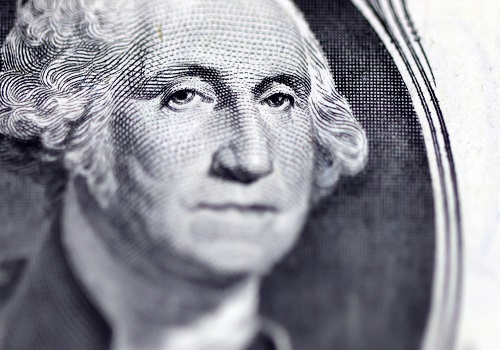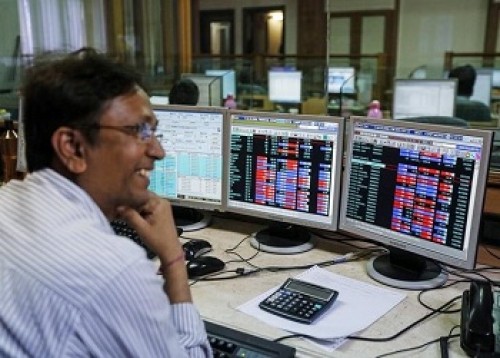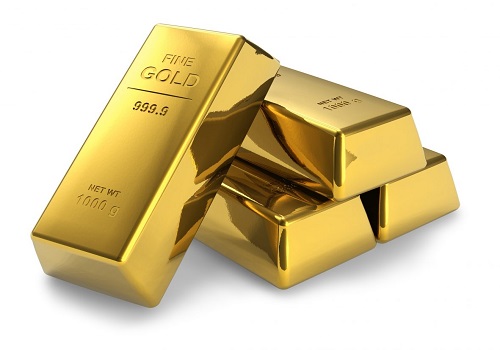Dollar rebounds as Fed officials say hikes to continue; yen slumps

The U.S. dollar climbed versus the yen and stayed firm against other major peers on Tuesday as more Federal Reserve officials made the case for even tighter U.S. monetary policy.
The greenback edged up against sterling and hovered more than 1% above its two-month trough to the euro after Fed Vice Chair Lael Brainard on Monday echoed weekend comments by Fed Governor Christopher Waller that interest rates need to keep rising to battle inflation, although potentially at a slower pace.
The dollar index, which measures the currency against six counterparts including the yen, euro and sterling, edged 0.03% higher to 107.00 early in the Asian day. The index held onto gains made on Monday when it rebounded from a three-month low of 106.27 hit on Friday.
The index tumbled 3.9% last week, its worst performance since March 2020, after U.S. consumer prices rose less than expected, stoking speculation a peak in rates might be close.
Money markets are currently pricing in an 89% probability that the Federal Open Market Committee (FOMC) will slow the pace of hikes to a half point at its next meeting on Dec. 14, against 11% odds for another 75 basis point increase.
"Fed speaker(s) have set the tone, reminding markets that there is still a lot of work to be done to bring inflation to heal," National Australia Bank senior FX strategist Rodrigo Catril wrote in a note to clients.
"The USD is broadly stronger with last week's outperformers - GBP and JPY - leading the declines."
The dollar gained 0.34% to 140.40 yen, adding to its 0.84% overnight rebound from a 2 1/2-month low of 138.46. It dropped 5.39% last week, the most in 14 years.
Sterling declined 0.08% to $1.1750, slipping further from a 2 1/2-month top at $1.1855 from Friday.
The euro was little changed at $1.03215 following its retreat from a three-month high of $1.0364.
The risk-sensitive Australian dollar eased 0.13% to $0.66935, but stayed relatively close to Monday's nearly two-month peak of $0.6720, buoyed by key trading partner China's moves to ease COVID-19 restrictions and support the property market.
There was little reaction in the currency from minutes of the Reserve Bank of Australia's latest meeting, which showed policymakers considered a 50 bps hike before opting for another 25 bps bump.
"The Aussie has made some progress on cross rates so far this week, with help from China," said Sean Callow, a senior currency strategist at Westpac, adding there is the potential for a rise to $0.6775 in coming days.
"However global equities are still skittish, limiting Aussie upside."
The offshore Chinese yuan was little changed at 7.0461 per dollar, after hitting a more than five-week high of 7.0200 in the previous session.
















